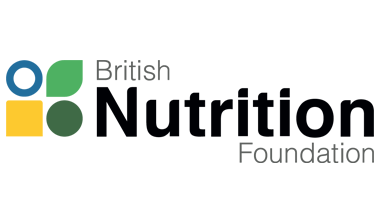A Healthy, Balanced Diet
We aim to give people access to reliable science-based information to support anyone on their journey towards a healthy, sustainable diet. In this section you can read about the balance of different foods and nutrients needed in the diet for good health and wellbeing.
Quick facts on a healthy, balanced diet
1. Healthy eating is about having a balance of different foods and nutrients in the diet for good health and wellbeing.
2. No single food or food group can provide everything we need to be healthy. Eating a variety of different foods from each of the food groups can help us get the full range of nutrients our bodies need.
3. Fruit and vegetables are a key part of a healthy diet, and we should aim to get our 5 A DAY or more if we can. This can be from fresh, frozen, dried or canned fruit and vegetables.
4. Starchy foods like bread, potatoes, pasta, rice and other grains are part of a healthy diet, but the quality of what we choose is important. It is a good idea to choose wholegrains like wholemeal or rye bread, wholewheat pasta, oats and potatoes with skins to help us get enough fibre and other important nutrients.
5. Plant-based protein foods like beans, lentils, chickpeas and other pulses provide protein and fibre and are naturally low in saturated fat. It is good to include these regularly in the diet
6. Animal protein foods like fish, eggs, meat and dairy (milk, yogurt, cheese) provide a range of vitamins and minerals and can be part of a healthy diet.
- It is best not to eat too much red and processed meat.
- It is recommended that we have two portions of fish a week, one of which should be an oily fish like salmon, mackerel or sardines.
- Dairy foods provide protein, calcium, B vitamins and iodine. It is best to go for lower sugar versions (for example natural yogurt) most of the time. If choosing plant-based dairy alternatives, then look for those that are fortified with calcium and ideally other vitamins and minerals.
7. It is best to choose healthier fats like vegetable, nut, seed or olive oils most of the time and to not to have too much of sources of saturated fat such as butter, coconut or palm oils.
8. We probably know that we should not have too many foods or drinks that are high in saturated fat, salt and sugar such as chocolate, cakes, biscuits, pastry, crisps and fried chips. If you include these, try to keep portion sizes small.







































































